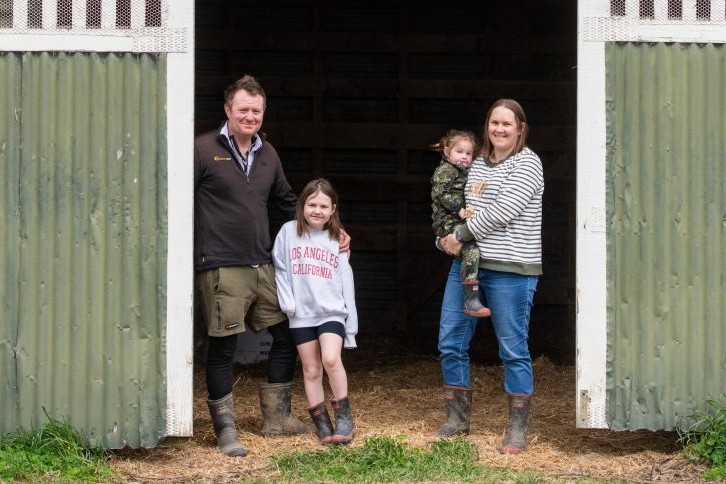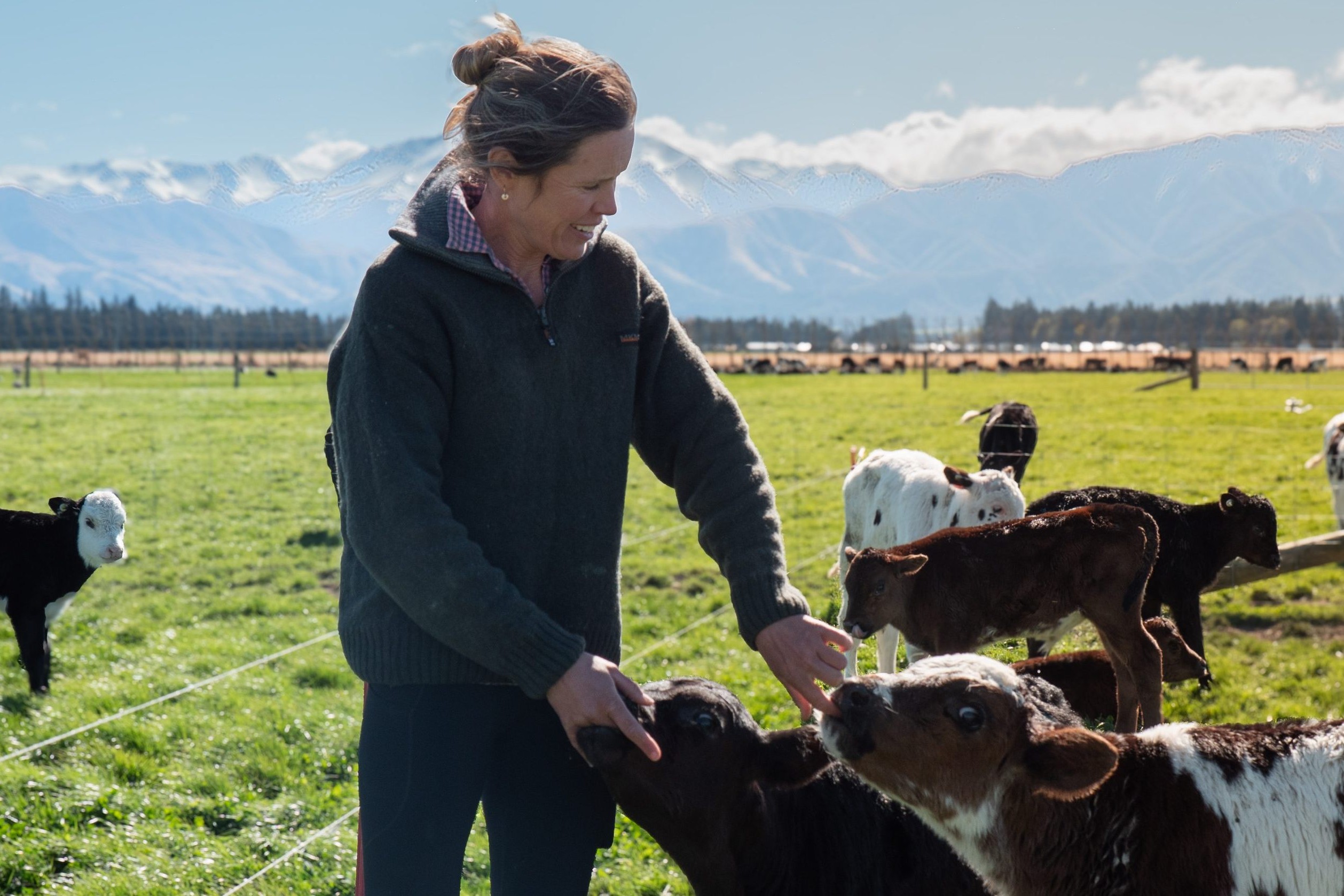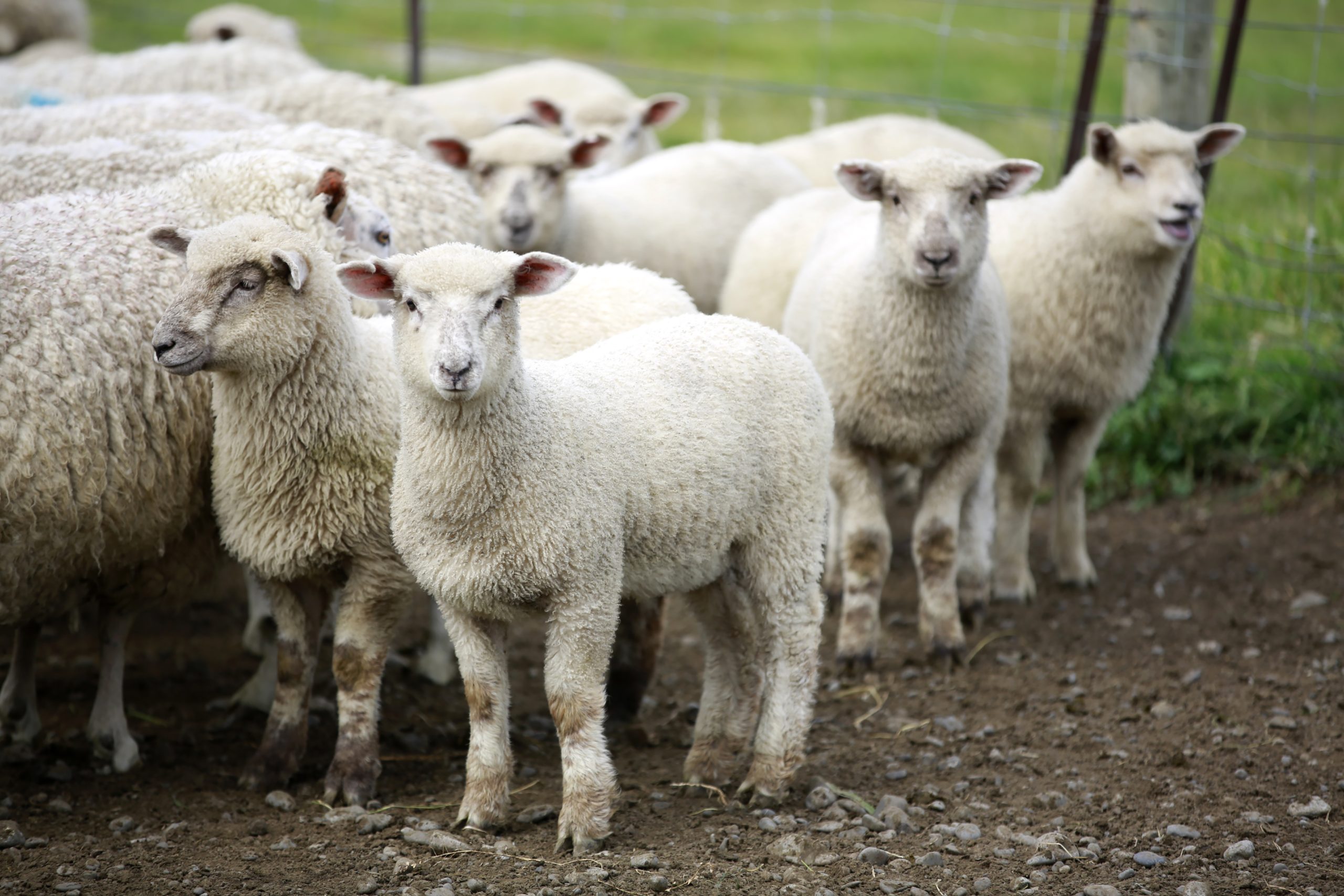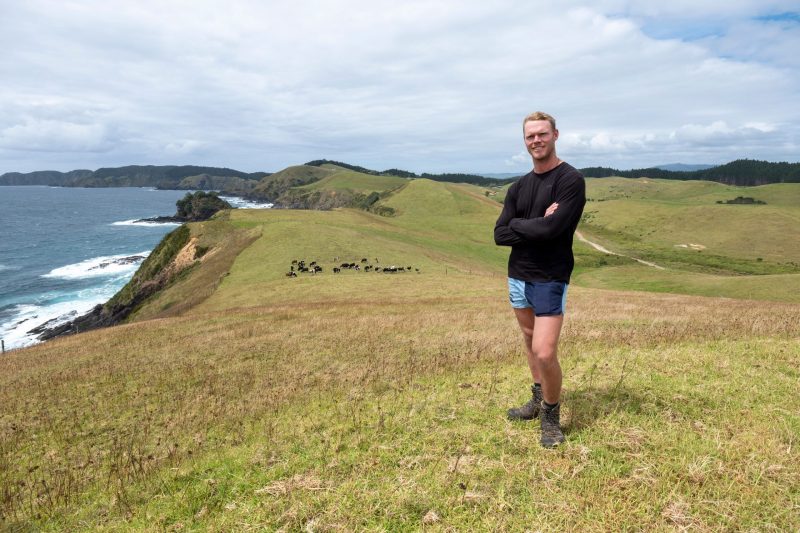Drought has intensified the impact of Covid-19 on many farmers. Vet Trevor Cook reports.
contact with lots of farmers over the last few weeks has really highlighted how farming is in a very different space from much of the rest of New Zealand.
Well over 90% of my interaction content has been about managing the drought. In fact, the biggest reference to the Covid-19 threat has been that the kids are at home. Mostly seen as help but for the odd one a hinderance.
The drought has really intensified the impact of the other factors that have got in the way of effective farming. Limited access to processing plants has proved a major factor in compromising any drought response. Obviously, market value falls have just exaggerated that impact. So where has that left us?
Most North Island flocks have gone to the ram in at least half a condition score lighter than they usually would be. Two-tooth ewes have a greater spread in liveweights and overall I think have been 5kg lighter than usual. Hoggets have either not been mated or fewer mated.
The expected result of all of that is fewer lambs weaned next season. But unless more actions are taken those losses could be worse.
Summer/autumn 2010 was very similar, at least in the lower west North Island. Light ewes going into winter, but this was accompanied by lower than needed pasture covers. By the spring, ewes were still light and pasture covers were still limiting.
Lamb survival was always going to be precarious and rain every day in September made sure of that. Not being able to keep condition scores or weights up in the autumn where they should be is to some extent inevitable in such a dry summer. But not taking enough pasture into the winter does not need to be inevitable.
Noting how various farmers have coped with the drought is of interest. Much has been talked of the mental impact of such conditions and the negative influence on decision making.
No support structure can be the correct one for all. Not doing anything different has not been uncommon and works in more simple systems that are usually understocked. Lowered production will ensue, and it will just that much larger
Coping with drought and virus
Drought has intensified the impact
of Covid-19 on many farmers. Vet Trevor Cook reports.
ANIMAL HEALTH | MANAGEMENTthan for others that have made changes. The big risk of a no change approach is animal welfare if the feed shortage gets even more extreme.
Two different actions I came across seemed so logical, so why were they not done a lot earlier? It came down to the agility of the decision-making process and even for these switched-on farmers that was dulled. One was to create a formal priority list of stock and task priorities. The effect was very much mental in that it made them more comfortable about where to focus. Of course, that focus made their actions more effective. But why was that list made way back before it became dire?
The other was after seeking advice on an ever-diminishing feed supply. Suggested was the idea of selling bigger cattle, at a discounted price, and replace them with smaller cattle that cost less than that discounted price.
The feed demand for that enterprise was halved, the reduced trading margin was dealt with and a very sticky end point averted.
A simple solution but one that needed to be unlocked by outside eyes. The mental cost of drought is huge largely because of impaired decision making.
Coming out the other end it is important to reflect on what happened and look at what could have made it better. One of the farming businesses mentioned has done exactly that and has identified some very good changes that would make a repeat of that dry much less damaging. These are not by reducing stock numbers but to have more flexible purchase and sale dates, managing spring feed differently and adjusting the stock mix.
Not massive changes but ones that do not leave the business so exposed. I think we do not spend enough time reflecting at all. Not just when it has not gone well, but when it has gone well. Identifying the key actions that drove a good outcome can cement them more in place if coming out of a review.
I keep hearing about how we will be operating in a different world once out of this virus pandemic. For farming I cannot see how this can be. Efficient production will still be what drives profit and be more kind to the environment. We can hope that any change will be more common sense behind regulations and attitudes. Is that possible if schools are still not open by the end of May?




